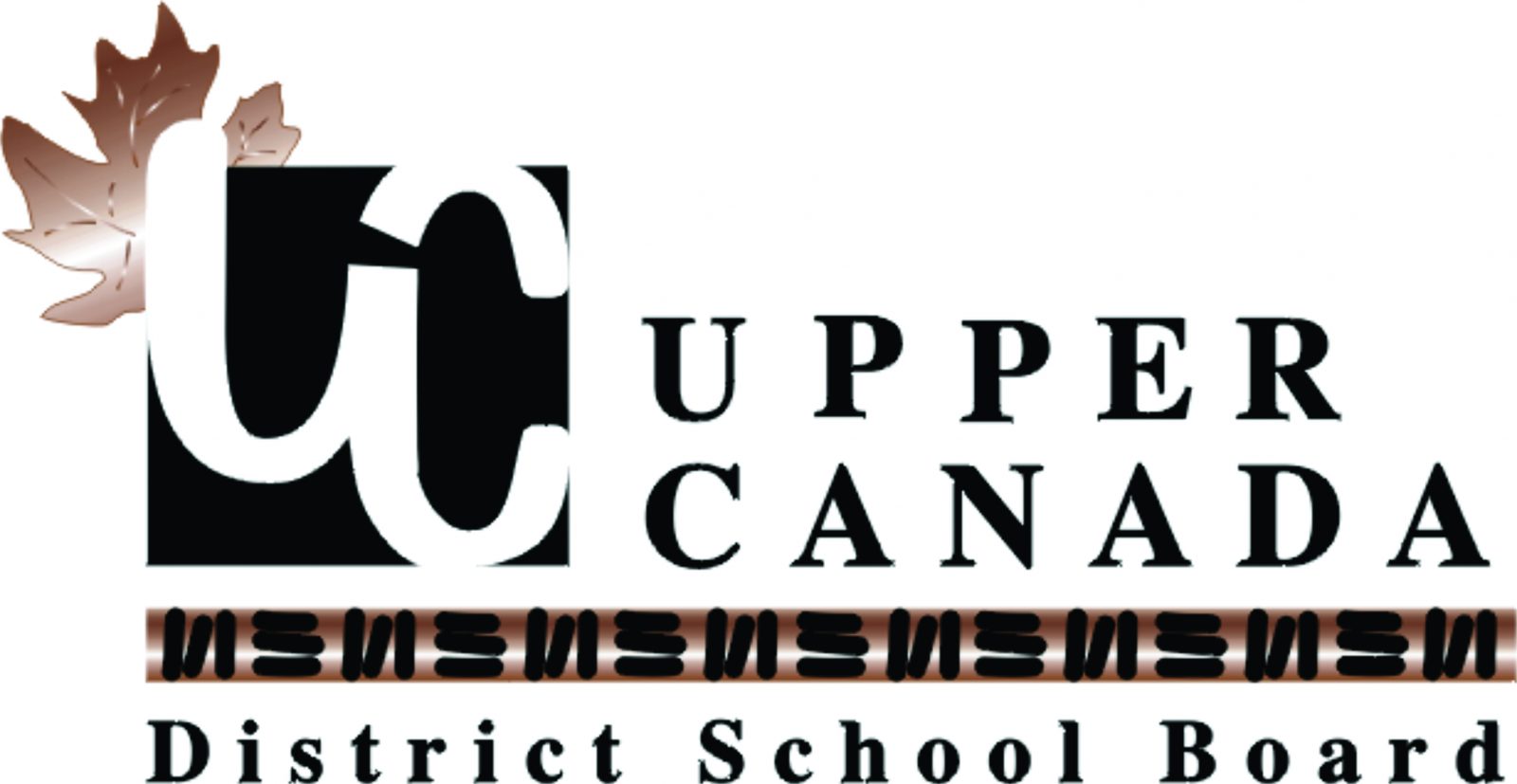Eight long months ago, parents, students and communities at schools across the Upper Canada District School Board (UCDSB) had their world’s turned upside down with the news that the school that they attended, the school that their children attended, the school that served as a hub of their community, might close unless they could prove to the Board of Trustees to keep it open.
It was a long fight that feels like it has been going on a lot longer than eight months. It was a fight that involved a lot of meetings, fundraisers, presentations, traveling, letter writing and petitions. Each community tried to show the trustees that closing their school and sending children away would hurt their rural towns.
The trustees chose to spare some of these schools, like Char-Lan, while choosing to close others, like SJ MacLeod and Rothwell-Osnabruck Secondary School. For some of these grassroot organizers, the fight is over, while others may continue the fight.
Now a new fight will begin and it is a fight that the trustees will have to wage. Whether they intended to or not, for the first time in a very long time, their constituents are now keenly aware of who they are and what they do.
The UCDSB Pupil Accommodation Review process has left feelings raw, and in some ways, has left the Board of Trustees in a vulnerable position. Now, whether they were in favour of closing schools in their district or not, they will have to justify their decisions and their actions during the PAR process to the voters.
How many people typically vote for their school board trustee come election time? That number is probably in the low double-digits, but that won’t be the case this time around.
Cornwall and SD&G is a close knit region. The supporters of R-O secondary have friends who live outside of their UCDSB district, and I am sure that they will be canvassing and campaigning their message very hard come election time.
This year, is not an election year for the UCDSB Board of Trustees, but the school closure issue will be the only issue come election time and each and every trustee will have to explain to their electorate why they supported closing schools like Rothwell-Osnabruck and SJ MacLeod. It is entirely appropriate that the next phase of the PAR fight be fought by the trustees. When schools under their care close, the trustees must have answers for their constituents.



